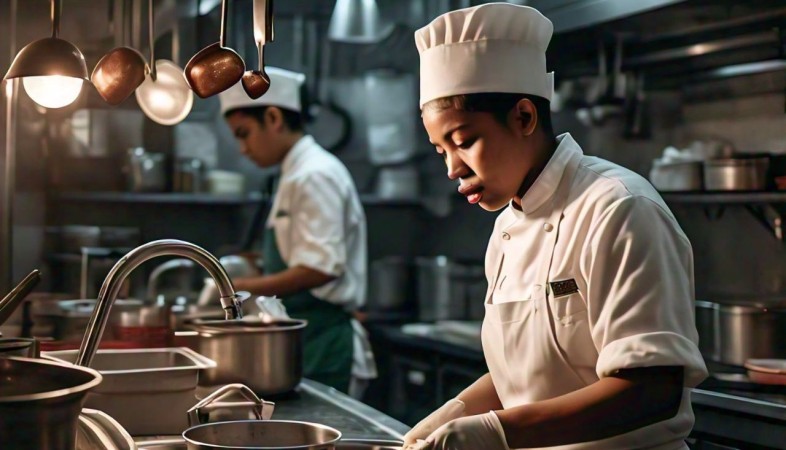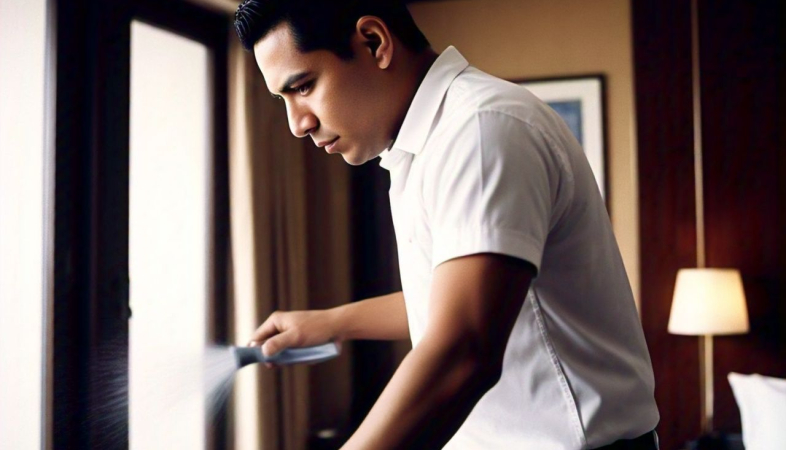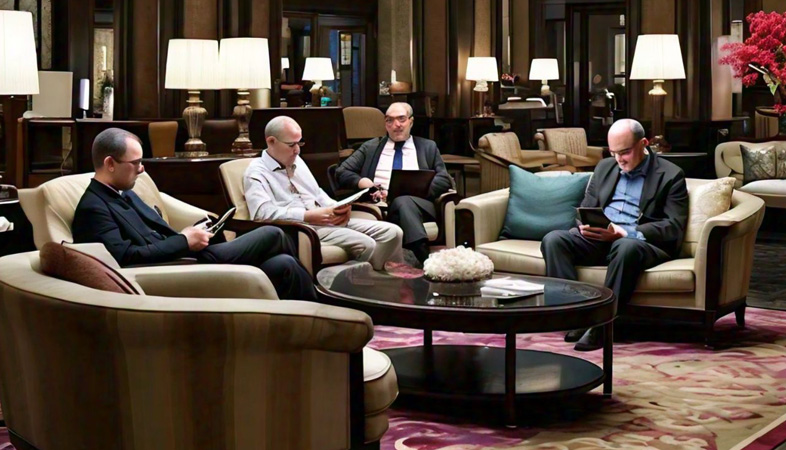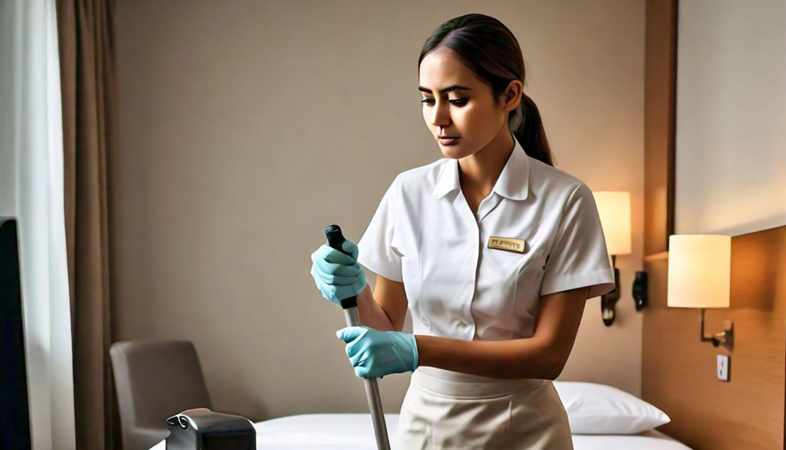Streamlining Housekeeping with AI: How Machines Can Assist Without Replacing
AI’s role in housekeeping will only grow, proving that machines can assist without ever replacing the human touch that is so essential to the industry’s success.
The role of housekeeping in the hospitality industry is
crucial to the overall guest experience. Cleanliness, organization, and
attention to detail are the pillars upon which guest satisfaction often stands.
However, as the demand for faster service and more efficient operations grows,
the implementation of Artificial Intelligence (AI) is beginning to make waves
in this traditionally labor-intensive field. While AI has raised concerns about
job displacement, it is clear that the technology can be used not to replace
housekeepers but to assist and streamline their work, ultimately improving both
productivity and job satisfaction. By leveraging AI, housekeeping teams can
enhance their efficiency, allowing them to focus on tasks that require human
touch and attention, while routine and repetitive tasks can be handled by
machines.
One of the most promising areas where AI is assisting housekeeping is in inventory management. Traditional housekeeping often involves a great deal of manual effort in tracking linens, toiletries, cleaning supplies, and other items. With AI-powered inventory systems, these tasks are becoming more automated. Sensors embedded in housekeeping carts can track the consumption of items and automatically alert the staff when supplies are running low. This eliminates the need for housekeepers to manually check inventory levels, ensuring that supplies are always stocked and that there is no over-ordering. This not only saves time but also reduces waste, contributing to more sustainable practices in hotels. Furthermore, these smart inventory systems can integrate with property management systems, allowing housekeeping teams to work in sync with other departments to ensure smooth operations.
AI is also playing a significant role in improving scheduling and task allocation for housekeeping teams. Traditionally, housekeeping schedules are made based on general assumptions, with rooms assigned for cleaning depending on factors like occupancy and guest requests. AI, however, can process data from various sources, including guest preferences, booking information, and historical data, to create optimized schedules. This ensures that housekeepers are assigned tasks based on room occupancy, urgency, and cleaning requirements, improving the overall workflow. For example, AI can predict which rooms are likely to need deep cleaning or those that require only a light refresh, and assign tasks accordingly. This reduces downtime, allows housekeepers to prioritize more urgent tasks, and improves the overall efficiency of the operation.
Another area where AI is making a noticeable impact is in the cleaning process itself. Robotic vacuum cleaners and floor scrubbers, powered by AI, are becoming increasingly common in hotel housekeeping departments. These robots can navigate through hallways, corridors, and even guest rooms, autonomously cleaning floors without requiring human intervention. Equipped with advanced sensors and mapping technology, these robots can detect obstacles, avoid furniture, and even clean along the edges of walls, ensuring thorough coverage. By taking care of routine floor cleaning, these robots free up housekeeping staff to focus on more detailed tasks such as cleaning guest bathrooms, changing linens, and tidying up common areas. The result is a more efficient use of time and resources, ultimately leading to faster room turnover and a cleaner environment.
In addition to improving operational efficiency, AI can also enhance the guest experience. For example, AI-powered systems can be used to predict and respond to guest needs in real-time. If a guest requests extra towels or needs a room service delivery, AI systems can notify the housekeeping staff immediately, ensuring that requests are handled swiftly and without delay. AI can also track the cleanliness and condition of rooms through smart sensors, notifying housekeeping teams of potential issues, such as spills, stains, or wear and tear. This proactive approach to housekeeping not only ensures that rooms are maintained to a high standard but also helps prevent guest complaints by addressing issues before they are even noticed.
AI is proving to be a valuable asset in streamlining housekeeping operations, improving efficiency, and enhancing guest satisfaction. From inventory management to cleaning automation, AI assists housekeepers by handling repetitive tasks, allowing them to focus on more critical aspects of their work. Rather than replacing the human workforce, AI enhances it, making housekeeping departments more productive and capable of providing a higher level of service. As the hospitality industry continues to embrace technology, AI’s role in housekeeping will only grow, proving that machines can assist without ever replacing the human touch that is so essential to the industry’s success.
.png)


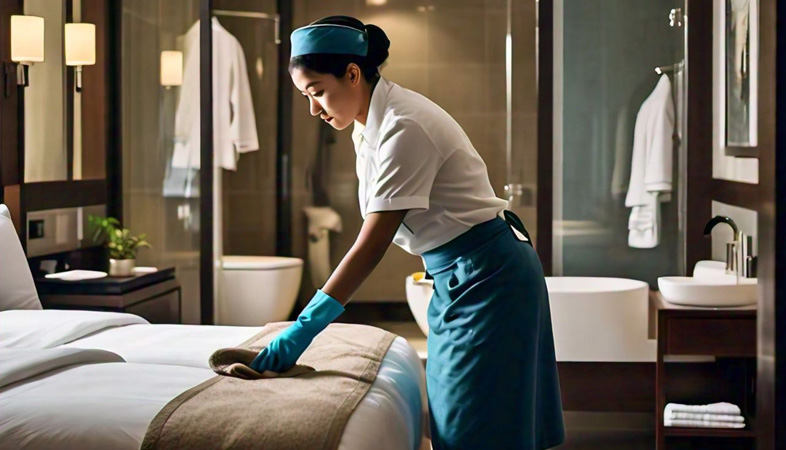






 at Fortune Park Hotels Ltd. new.jpeg)
